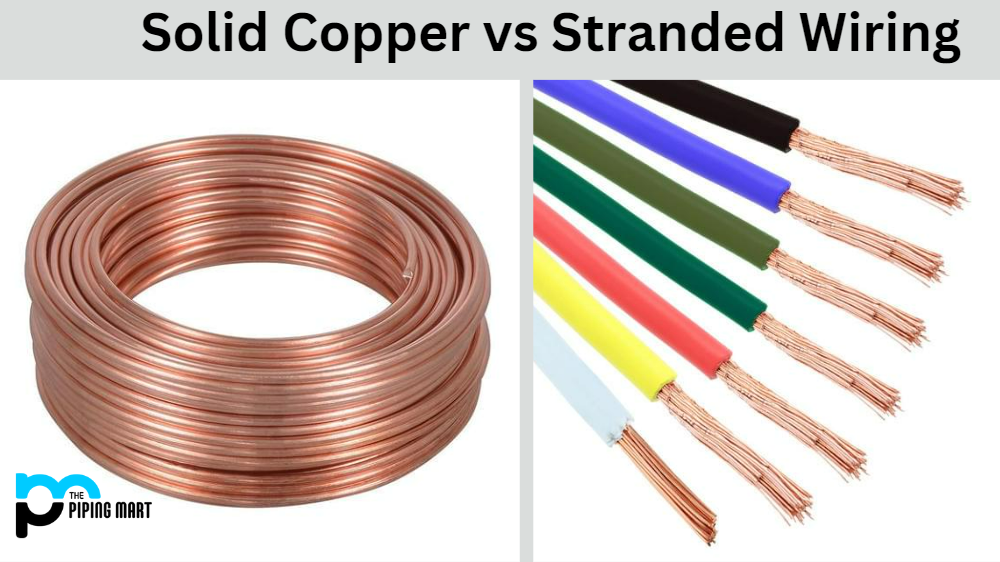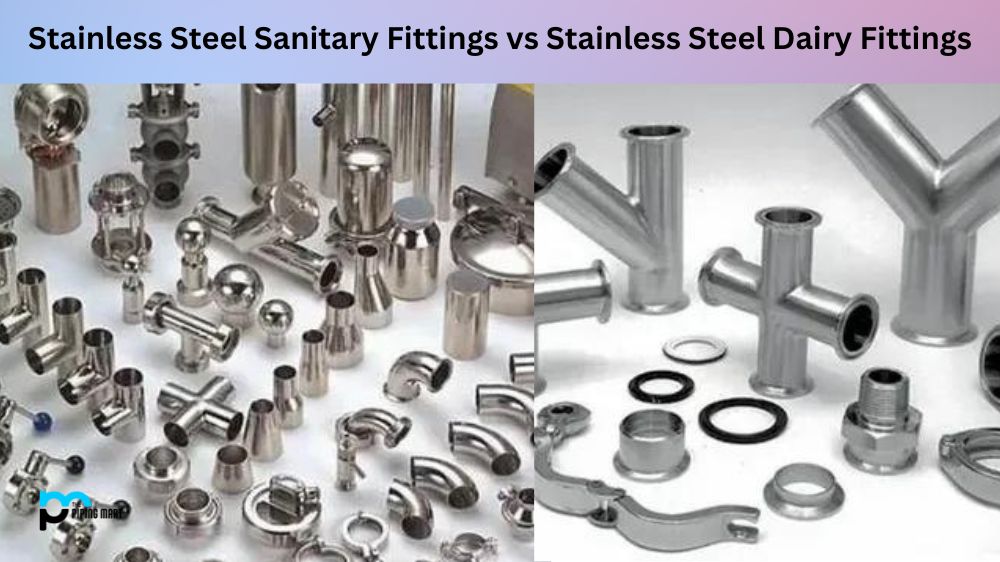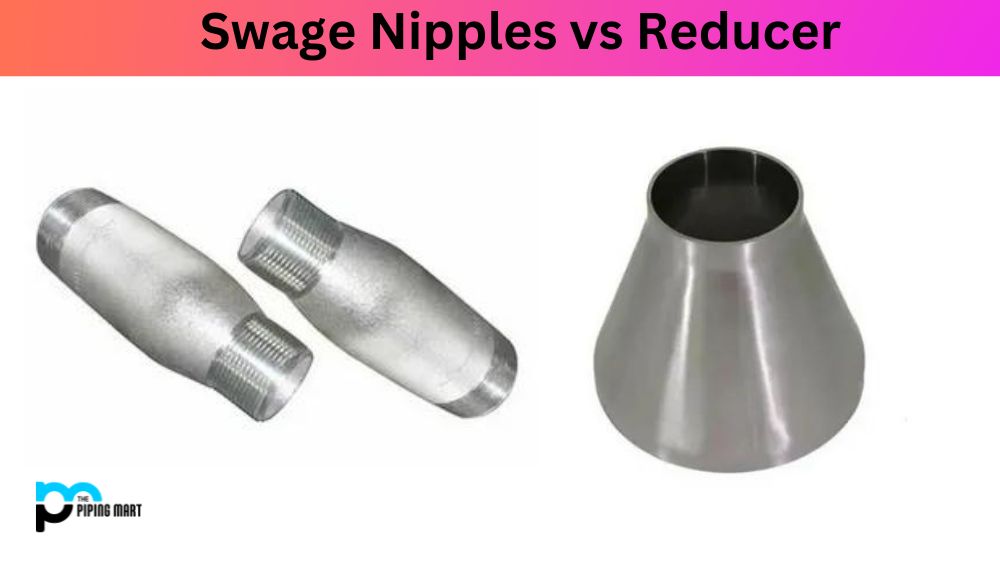If you’ve ever been in the wiring market, you’ll quickly find that there are two main types of copper wiring: solid and stranded. While both offer efficient and reliable electrical pathways, each has its own unique characteristics that make it better suited for certain applications. In this blog post, we’ll discuss the differences between solid and stranded copper wiring and explain why one might be a better choice than the other.
Difference Between Solid Copper and Stranded Wiring
The most obvious difference between solid and stranded wire is how they are made. Solid wires are made by taking a single strand of metal wire and forming it into the desired shape or size. Stranded wires, on the other hand, are composed of multiple smaller wires that are twisted together to form a larger whole. The number of individual strands in a stranded wire can vary greatly depending on the application; some may have as few as seven strands, while others can contain upwards of dozens or even hundreds.
Strength & Flexibility
One major benefit to using stranded wire is its increased flexibility, which makes it easier to work with in tight spaces or around sharp corners. This flexibility is due to the nature of its construction; since each strand can move independently from one other, it allows for more give when bent or manipulated. As far as strength goes, solid wires tend to perform slightly better due to their lack of “weak points” that could cause them to break under pressure.
Durability & Cost
Stranded wires also have an edge regarding durability; since each strand is individually insulated from one another, they provide increased protection against wear and tear over time. However, this increased protection comes at a cost; because of their complicated construction process, stranded wires are more expensive than their solid counterparts—sometimes significantly so.
- Solid copper is a single piece of copper wire that is used for electrical applications.
- Stranded copper is made up of multiple strands of copper wire that are twisted together.
- Solid copper is more expensive than stranded copper.
- Stranded copper is more flexible than solid copper and can be used in applications requiring flexibility.
- Solid copper has a lower resistance than stranded copper.
- Stranded copper can carry more current than solid copper.
Conclusion:
When choosing between solid and stranded copper wiring, it’s important to consider your needs carefully before deciding. While solid wiring offers greater strength and lower costs, stranded wiring provides increased flexibility and improved durability, which can be incredibly valuable depending on where you plan on using them. Ultimately, the best option will depend on your specific application, so make sure you do your research beforehand!

Abhishek is a seasoned blogger and industry expert, sharing his insights and knowledge on various topics. With his research, Abhishek offers valuable insights and tips for professionals and enthusiasts. Follow him for expert advice on the latest trends and developments in the metal industry.




